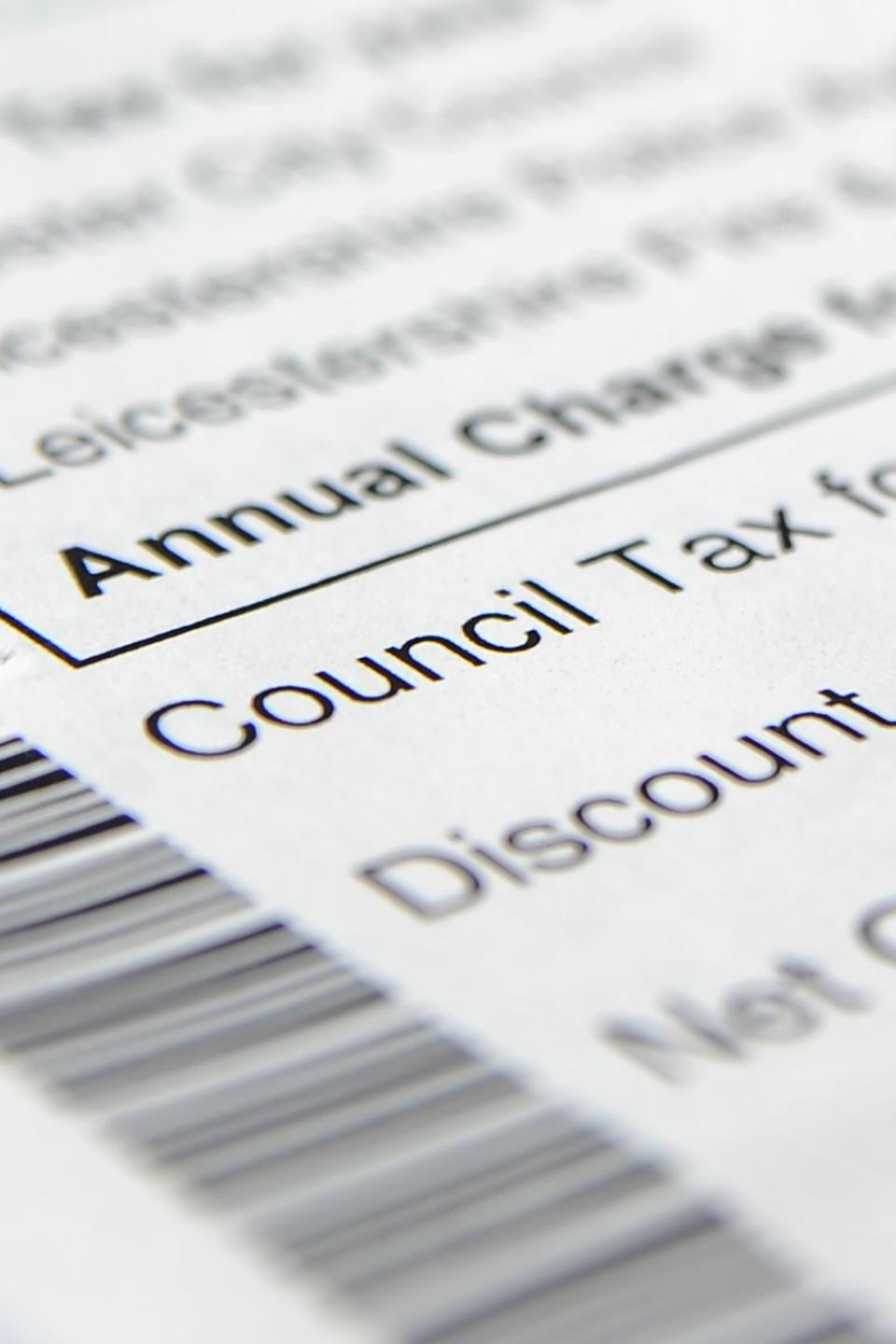2.8m people with mental health issues ‘fell into council tax debt in pandemic’

An estimated 2.8 million people with mental health problems across the UK have fallen into council tax debt during the coronavirus pandemic, according to a charity.
The Money and Mental Health Policy Institute said its research indicates people with mental health issues are three times more likely to have fallen behind on council tax payments than the general population.
The charity is calling for increased funding to local authorities to help them provide improved financial support to residents struggling with council tax payments.
It also said councils should simplify the process of applying for council tax discounts and make it easier for people to get in touch when they are struggling.
Common symptoms of mental health problems such as reduced concentration and memory problems can make it harder for people to understand communications about council tax, and to engage with local authorities, the charity added.
Staying on top of council tax payments has become a real struggle for many, but instead of getting support from their local authority, too many people are being left to fall further behind
Helen Undy, Money and Mental Health
The charity commissioned two surveys, one of 2,000 people last year and another of around 5,000 people with experience of mental health problems and 1,000 people without mental health problems in 2021.
A worrying number of people with mental health problems missed out on pandemic-related financial support measures, the charity said.
Many people said they found the application process too difficult or were simply unaware that support was available.
Some said they often have to disclose their mental health problems several times to different council teams, because information sharing between council departments is inconsistent.
More than a third (37%) of those who disclosed a mental health problem to their council said they were not offered any additional services or support, such as more time to repay any debts or the opportunity to speak to a specialist.
Helen Undy, chief executive of the Money and Mental Health Policy Institute, which was set up by consumer champion Martin Lewis said: “People with mental health problems have been among the hardest financially hit by the pandemic.
“Staying on top of council tax payments has become a real struggle for many, but instead of getting support from their local authority, too many people are being left to fall further behind.
“That’s leaving vulnerable people exposed to threats of court action and bailiff visits, at a time when they are already facing enormous financial and psychological challenges.”
She added: “With council tax bills likely to rise further, and many people facing a growing cost-of-living crisis, it’s vital that councils act now to prevent more residents falling into debt in the coming year.”
Councillor Shaun Davies, chairman of the Local Government Association’s resources board, said: “Councils know how tough things are for many people and have a wide range of measures in place to help residents who are facing financial hardship and struggling to pay bills.
“Anyone struggling to pay their council tax bill should contact their council as soon as possible to find out what support is available to them.
“Record numbers are claiming a discount on their council tax due to the pandemic and one-off Government funding has been crucial to help councils provide vital support for those struggling to pay this year.
“Faced with severe funding and demand pressures, many councils will have little choice but to reduce discounts without an extension to this Government grant beyond this year.”
Read More
‘Lack of properties on estate agent books pushing house prices up’
Banks getting fraud reimbursement decisions wrong in many cases, says Which?
WhatsApp launches scam messages awareness campaign
Government sent energy customers ‘damaging message’ about switching tariffs
Average house price forecast to increase by over £40,000 in next five years
James Bond and Squid Game ‘helped boost household spending in October’

 Yahoo Finance
Yahoo Finance 